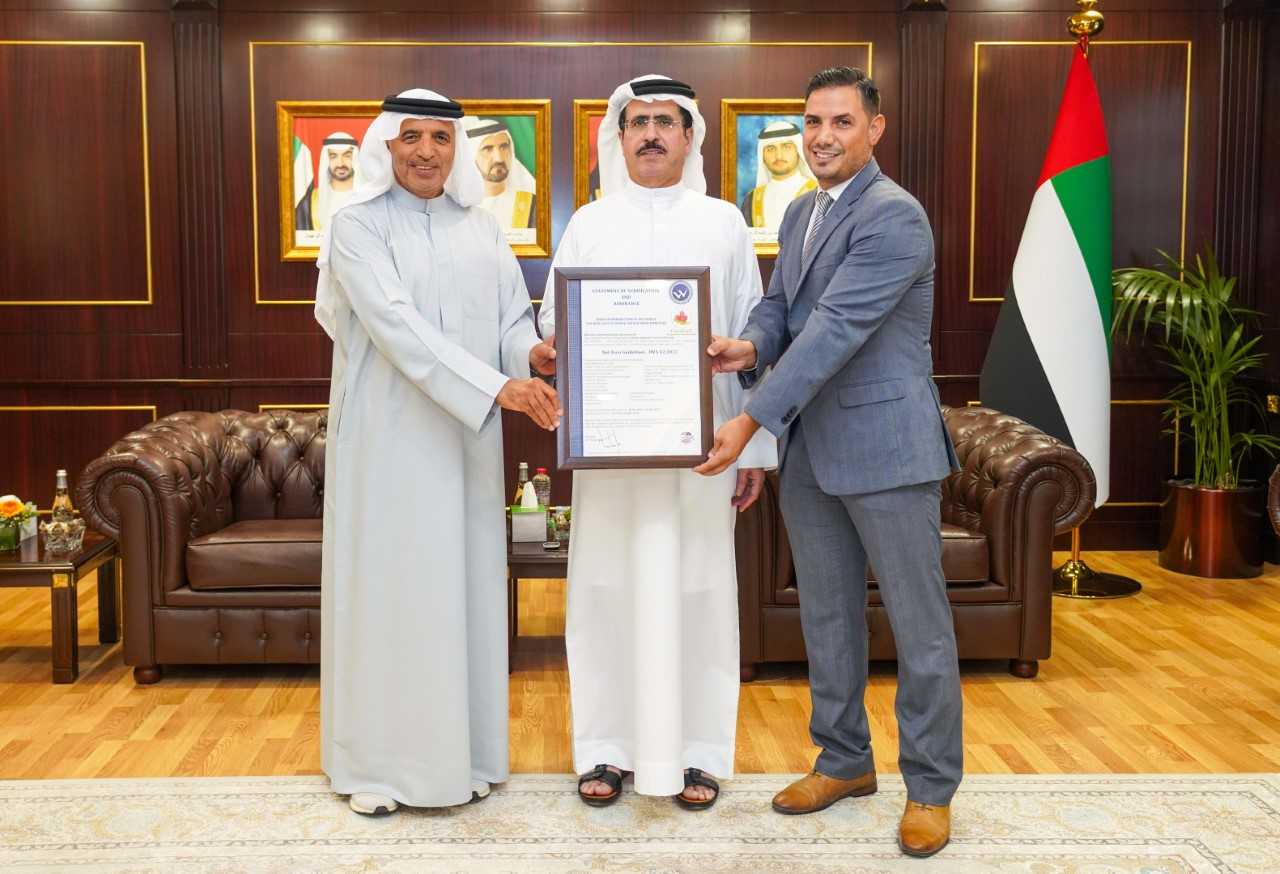DUBAI, UAE – The Dubai Supreme Council of Energy (DSCE) has received the ISO 50001:2018 in energy management systems and the net-zero statement of verification and assurance certificate.
This followed a comprehensive assessment conducted by W3 Solutionz – USA through CanaGulf International Standardization.
The new accomplishment adds to DSCE’s achievements in energy management systems and supports the transition toward a low-carbon economy.
Saeed Mohammed Al Tayer, Vice Chairman of the Dubai Supreme Council of Energy, said, “Receiving the ISO in energy management systems and the net-zero statement of verification and assurance certificate emphasize the Dubai Supreme Council of Energy’s commitment to implementing the highest standards in energy management.”
He said, “This aligns with the vision and directives of the wise leadership to consolidate Dubai’s position as a global hub for a green economy.”
He added, “This is accomplished by increasing the share of renewable and clean energy in Dubai’s energy mix, enhancing performance improving energy efficiency, launching initiatives and periodically reviewing work plans to reduce carbon emissions across all our operations.”
Al Tayer said, “The efforts of the organizations and authorities under the Council contributed to reducing carbon emissions in Dubai by 19 percent in 2022 compared to 2010.”
Ahmed Buti Al Muhairbi, Secretary-General of the Dubai Supreme Council of Energy, emphasized that receiving this accreditation underlines its efforts to enhance energy efficiency.
He said this is done by “developing comprehensive plans to improve energy performance in organizations and facilities and raise awareness on the necessary practices for their successful management.”
The audit process conducted by CanaGulf International Standardization was based on several guiding principles, including establishing targets; implementation; leadership and commitment; measurement and monitoring; results; communication, reporting, and transparency; and improvement.
This is as per the Net Zero Guidelines (IWA 42:2022), which were announced during the United Nations Framework Convention on Climate Change (COP 27) last year.

